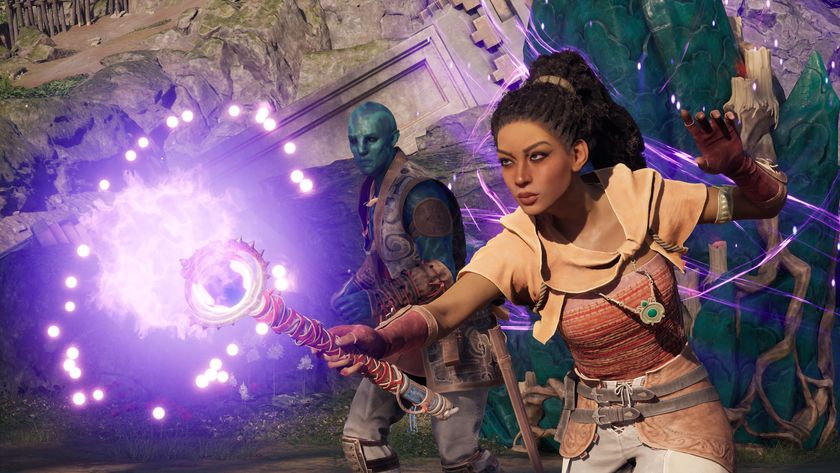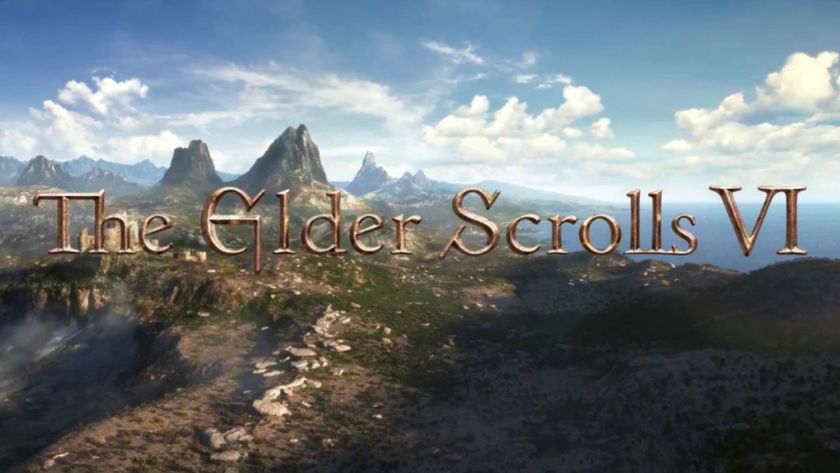As MMORPGs falter, Destiny and its ilk take off
It's been a rough few months for massively multiplayer online role-playing games. An anonymous source reportedly told Polygon that as many as 60 positions were cut from WildStar developer Carbine Studios, among other layoffs across NCSoft's Western operation.. Similar cuts hit MMO studios Zenimax Online Studios, Turbine, CCP, and Relic earlier this year, while Mythic Entertainment was shut down after nearly two decades of development.
This year was supposed to be awesome! WildStar and The Elder Scrolls Online each promised to usher in a new age for the genre that brought so many together in the pursuit of loot and levels. Unfortunately, it doesn't look like that's happened--at least, judging by official silence on subscriber numbers and anecdotal reports of thinning servers. But even if the MMORPG is burning out, at least it's lighting up the rest of game design as it goes.

As much as I enjoy the genre, it's always been one of compromises. Repetitive combat, milquetoast missions and narratives, grindy progression systems, and expensive subscriptions or obnoxious "freemium" cash shops are the norm. Taken together, the systems form experiences that are just tolerable enough to keep players online, making new friends and hanging out with old ones--y'know, the actual fun part.
But thanks to games like Destiny, that's changing. Sure, Bungie always made a point to classify Destiny as a "shared-world shooter" rather than an MMO. And back when the game was announced, it sounded like a trivial distinction. But now it's easier to see where the studio was coming from--Bungie aimed to short-circuit many of the aforementioned genre-defining compromises when it made Destiny, and it did a pretty good job.

Games like DriveClub, The Crew, and The Division are all taking similar approaches to give their players shared worlds: subtract the heavy mechanics and add the kind of engaging, accessible, moment-to-moment play that used to be possible only in single-player or more limited multiplayer experiences.
This enticing new generation of MMO--er, shared worlds--would not have been possible without more than a decade of hard work from MMORPG developers, ill-rewarded though it may have been. And stalwarts like World of Warcraft and (surprisingly) Final Fantasy XIV: A Realm Reborn look like they may be able to weather the storm, even as their direct competition falters. What do you think is keeping them alive as the new generation of connected game takes root, and what can they learn from one another?
Sign up to the 12DOVE Newsletter
Weekly digests, tales from the communities you love, and more
I got a BA in journalism from Central Michigan University - though the best education I received there was from CM Life, its student-run newspaper. Long before that, I started pursuing my degree in video games by bugging my older brother to let me play Zelda on the Super Nintendo. I've previously been a news intern for GameSpot, a news writer for CVG, and now I'm a staff writer here at GamesRadar.

Avowed director didn't add romance as RPG players often try to cheese companion relationships and she wanted them to "feel natural"

The Elder Scrolls 6 sleuths use Starfield math to narrow down the Skyrim sequel's potential release window, and sorry folks, it's still looking like it's ages away
Most Popular






